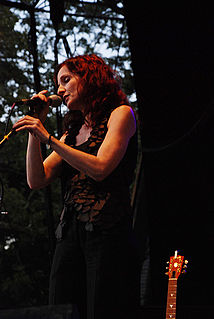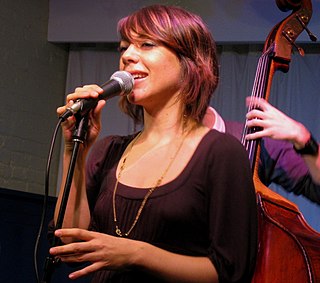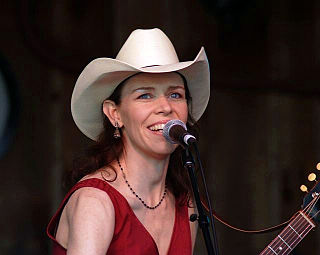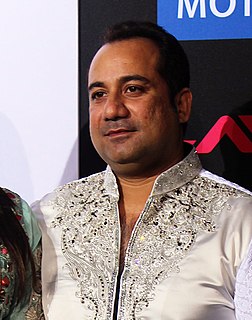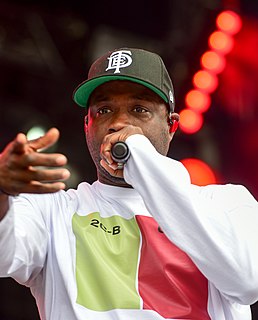A Quote by Patty Griffin
Along the way, I've had different advice from different music producers. I've been told to tone it down, that the quiet parts of my voice are appealing and there's harshness to the loud part of my voice.
Related Quotes
Geoffrey's personal style was very different from mine. He has a lovely speaking voice, a quiet speaking voice. But at Cabinet we always reported on foreign affairs - we always had this quiet voice. It was so quiet sometimes I had to say 'speak up'. And he gave it in a way which wasn't exactly scintillating. And you know, foreign affairs are interesting. They affect everything that happened to our own way of life, and they are exciting. And so we just diverged.
I am interested in levels of brain discourse. How articulate are the voices in your head? You know, there's a different voice for the phone, and a different voice if you're talking in bed. When you're starting off with a narrator, it's interesting to think, where is their voice coming from, what part of their brain?
It was something very beautiful because we all had that interest. We were very close to all of the different groups of the time - the ones that we began to play with in the same venues - Maldita Vecindad, Caifanes, Botellita de Jerez. However, we were all very different, and each group had their unique way of expressing themselves; their own original voice. It was a very beautiful era of Mexican music, and the truth is that we are very fortunate to have been part of it.
I hope that 'Gambit' doesn't take ten years, but it takes a little honing to get that tone and that voice exactly right. The character has such a specific voice in the comic, in the same way that Deadpool has a specific voice in the comic, that we want to make sure that we capture that voice on the page.
I've watched and learnt from DJs and remixers and paid way more attention to how I want my voice to sound. Before, as long as it was loud and in tune it was fine. I've discovered the difference made by various microphones and effects, so each track has a different vocal sound, my voice is woven into everything and it's above everything.
Like Hemingway and Faulkner, but in an entirely different mode, Fitzgerald had that singular quality without which a writer is not really a writer at all, and that is a voice, a distinct and identifiable voice. This is really not the same thing as a style; a style can be emulated, a voice cannot, and the witty, rueful, elegaic voice gives his work its bright authenticity.
We're always being told 'find your voice.' When I was younger, I never really knew what this meant. I used to worry a lot about voice, wondering if I had my own. But now I realize that the only way to find your voice is to use it. It's hardwired, built into you. Talk about the things you love. Your voice will follow.
The voice of the Spirit is described in the scriptures as being neither loud nor harsh, not a voice of thunder, neither a voice of great tumultuous noise, but rather as still and small, of perfect mildness, as if it had been a whisper, and it can pierce even the very soul and cause the heart to burn. The Spirit does not get our attention by shouting.
